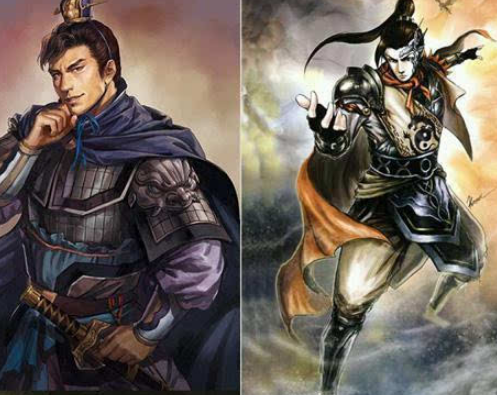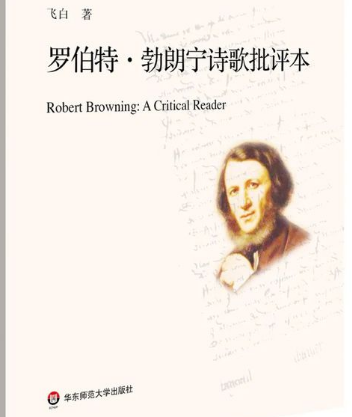Throughout the long history of ancient China, there are many customs and traditions that have sparked the curiosity and attention of modern people. Among them, the phrase "three wives and four concubines" is often mentioned. Today, we will explore the true meaning and historical background behind this phrase.

Firstly, the meaning of "three wives and four concubines". This phrase is commonly used to describe a man who has many wives and concubines. However, it does not refer to specifically three wives and four concubines, but is a general term indicating that a man has numerous spouses.
Secondly, the historical context of "three wives and four concubines". In ancient China, the phenomenon of polygamy did exist. This was determined by the social system and cultural background of that time. In feudal society, men were the dominant figures, and they could take concubines to expand their families, increase labor force, and perpetuate their bloodlines. Nevertheless, this did not mean that every man could take concubines. Only men with higher social status and better economic conditions had the possibility of doing so. Moreover, the number of concubines was also restricted by laws and ethics.
Thirdly, the reality of "three wives and four concubines". In modern society, polygamy has been explicitly prohibited. According to the "Marriage Law of the People's Republic of China," both men and women are not allowed to remarry or cohabit with others in the name of spouses during the duration of their marital relationship. This means that ordinary people can only have one wife and cannot take concubines. This is a necessary measure to protect individual rights and dignity, as well as to maintain family harmony and social stability.
In conclusion, "three wives and four concubines" is a product of history, reflecting the specific culture and social structure of ancient society. In modern society, we should adhere to the law, respect individual rights, and maintain family harmony and social stability. Let us approach history with an open mind, face reality with a rational attitude, and jointly build a just and harmonious society.
Disclaimer: The above content is sourced from the internet and the copyright belongs to the original author. If there is any infringement of your original copyright, please inform us and we will delete the relevant content as soon as possible.
































